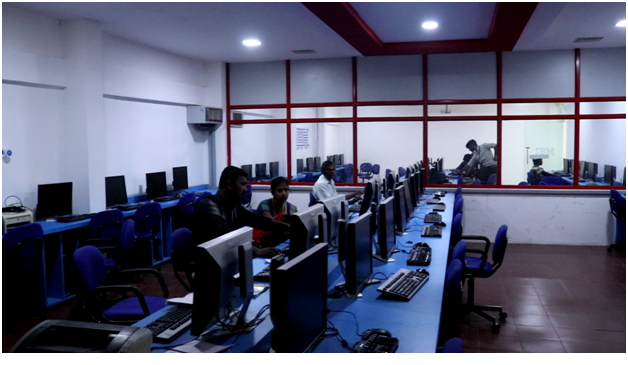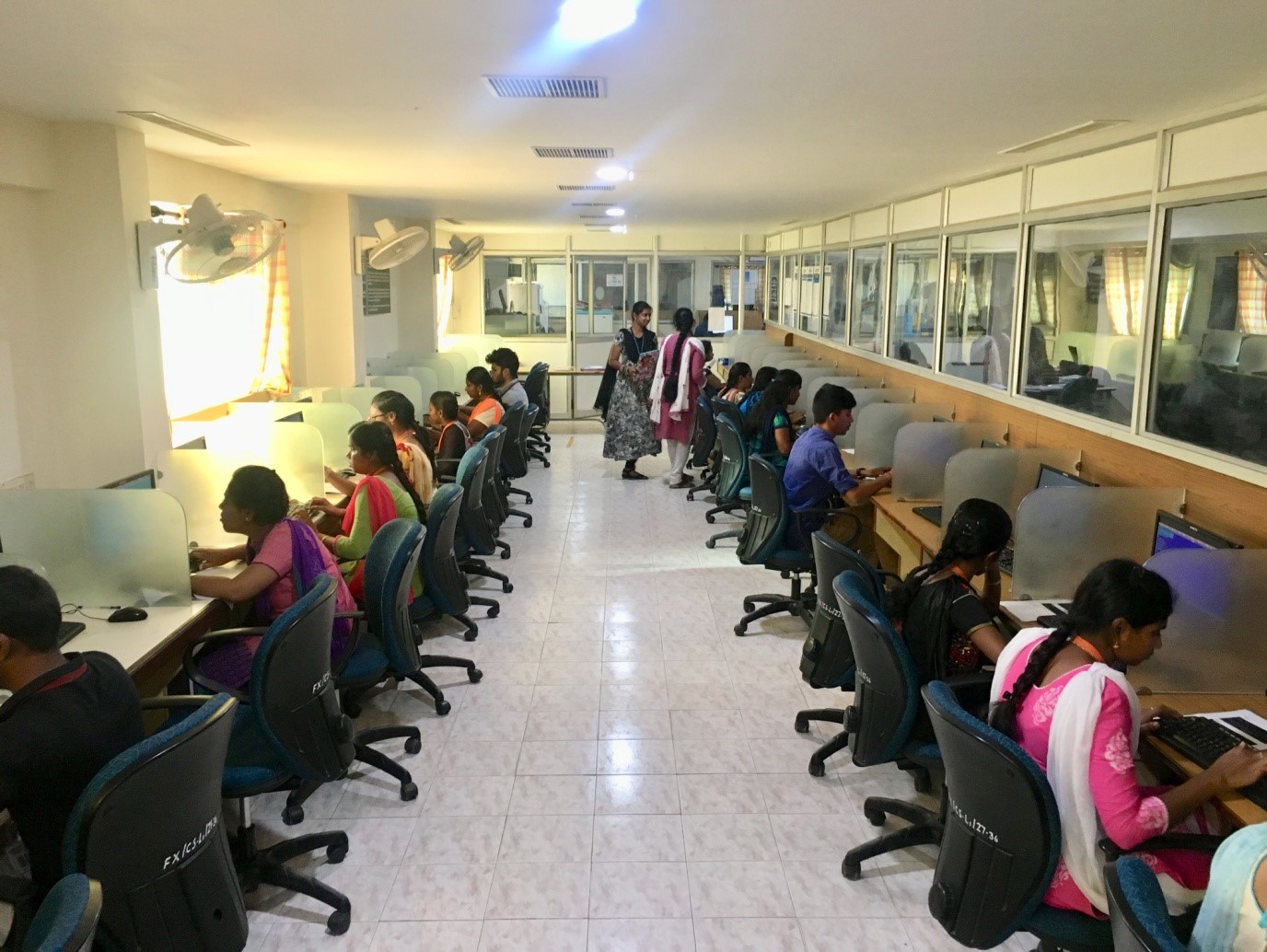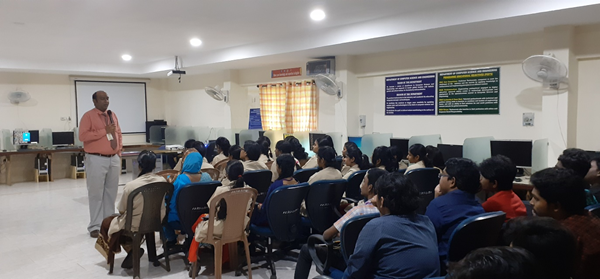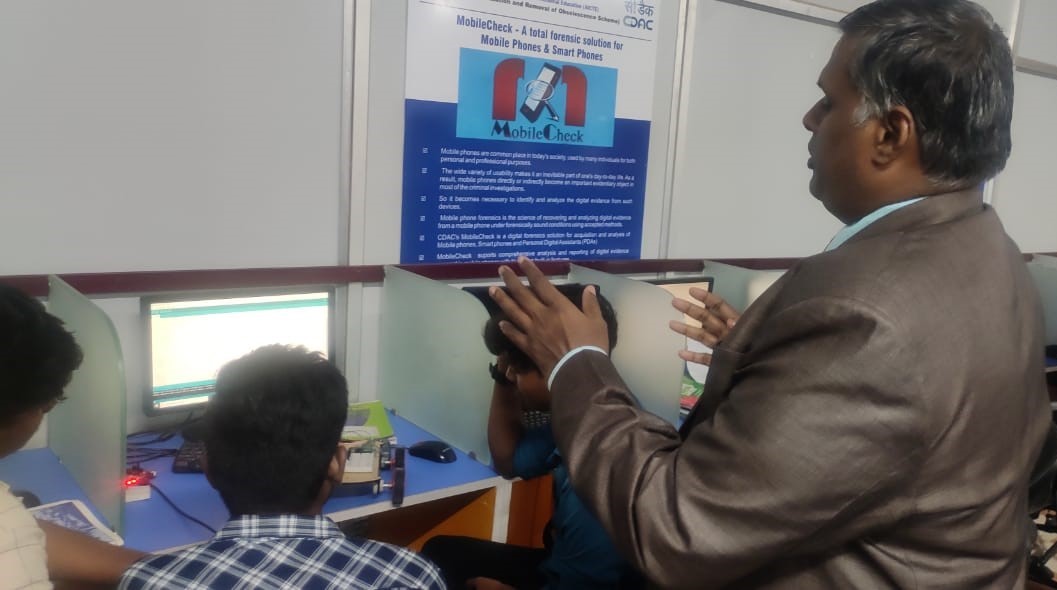Mobile Application Development
Mobile application development is the set of processes and procedures involved in writing software for small, wireless computing devices. Like Web application development, mobile application development has its roots in more traditional software development. One critical difference, however, is that Mobile apps are often written specifically to take advantage of the unique features a particular mobile device offers. For instance, a gaming app might be written to take advantage of the iPhone's accelerometer or a mobile health app might be written to take advantage of a smartwatch's temperature sensor.
In the early years of mobile apps, the only way to ensure an app had optimum performance on any given device was to develop the app natively for a particular device. This meant that at a very low level, new code had to be written specifically for each particular device's processor. Today, a majority of mobile application development efforts focus on building apps that are device-agnostic.


Programming and Coding Lab
Programming is the process of taking an algorithm and encoding it into a programming language, so that it can be executed by a computer. Programming is often the way that we create a representation for our solutions. Therefore, this language representation and the process of creating it becomes a fundamental part of the discipline. Coding simply means writing codes and a coder is an individual who codes from one language to another. Coding is also programming but it’s used to implement the initial steps of computer programming. Thus, the students can create an opportunity to learn and work cooperatively in groups. This lab focuses on several programming languages for training, product development, competitions and consultancy work. They students are provided adequate training on C, C++, Core Java, Java Script, Node JS, React JS, Express JS, Mongo DB, HTML and CSS.
The necessity of the training for the students is identified and periodic training programme on various domain are executed now and then. Many students are allocated with projects where they are learning and developing their own projects. The resource persons from industry, staff and senior students used to give training to the students in this Lab. Many students of this lab also completed many online certifications from Solo Learners, Udemy etc.
Next Generation Computing Applied Lab
The Next Generation Network Applied Lab at FXEC strives to empower the skills of the students in the area of Networking. The Lab is working in the areas of Networking, Security, Network Programming and the Operating Systems. The Lab provides hands on training with the configuration of the Networking Devices such as the Routers, Wireless Routers, Switches, Access Points and Firewalls. Realizing that the Cyber Security is one of the emerging technologies, the students are also provided knowledge in the area of the Cybersecurity.

In addition to the Network Configuration and the Cybersecurity the power of the Linux Operation System is also realized and hands on training in the Linux using the Sand Box Environment. Since the configuration of the Routers in the cloud are possible with the Python Programming Language the Network Programming in Python is also pursued. Technical Sessions and Hands on Sessions are provided to the students in the different verticals of the Lab such as Networking, Security and the Network Programming.
The Lab is powered by the Cisco Network Academy and offers certification courses in the following areas:
Networking
- CCNAV7 : Introduction to Networks
- CCNAV7 : Switching, Routing, and Wireless Essentials
- CCNAV7 : Enterprise Networking, Security and Automation
- Mobility Fundamentals
Security
- Introduction to Cyber Security
- Cyber Security Essentials
- CCNA Cybersecurity Operations
- Cybersecurity Operations Associate
Operating System
- Linux UnHatched from Network Development Group
- Linux Essentials from Linux Programming Institute
Network Programming
- Programming Essentials in Python One of the remarkable achievement of the Next Generation Network Applied Lab in the academic year 2019-2020 is that Ms.Vijay Indira of Final Year CSE participated in Ideathon organized by Cisco and was selected for Cisco India Systems, Bangalore for an internship of Rs.50,000 per month. 65 students from our College successfully completed their AICTE Cisco Virtual Internship in the month of June 2021.

Cyber Forensics and IoT Applied Lab
Cyberforensics is an electronic discovery technique used to determine and reveal technical criminal evidence. It often involves electronic data storage extraction for legal purposes.
Objectives of the cyberforensics Lab:
- Developing indigenous Cyber Forensics tools.
- Providing training on Cyber Forensics to Law Enforcement Agencies (LEAs)
- Providing technical support to LEAs for cybercrime investigation and analysis.
- Supporting LEAs for setting up of Cyber Forensics Laboratories.
Cyberforensics Lab Thrust Research Areas:
- Disk Forensics
- Network Forensics
- Mobile Device Forensics
- Live Forensics
- Memory Forensics
- Multimedia Forensics
- Internet Forensics
Augmented Reality and Virtual Reality Lab
- To provide advanced training to the students to enrich multi level skill set in Virtual Technologies.
- Encourage to create new inventions for participating national and international competitions.
- To provide solutions of emerging needs in industry with the modern technologies
Vision
- Enhancing the technology skills of the students to develop their ideas in augmented and virtual technologies.
Mission
- To produce technocrats in the industry by educating computer Graphics and Augmented Technologies.
- To Practice the students to trigger more creativity by applying virtual technologies.
- To inculcate the imagination skills for creating new products in augmented and virtual technologies.
Project Area
- Hands-on Trainings
- Projects
- Products
- Competitions
- Patents
- Conference/Publication
Software Offered for Training and Product Development
- Blender
- Unity Engine
- Android Studio
- Flutter
- AR Core
- UnReal